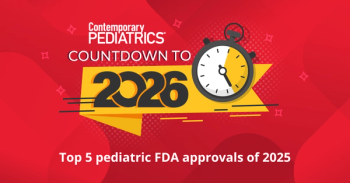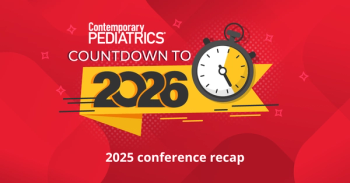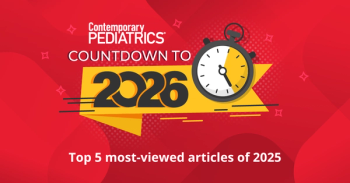
Viewpoint: The hard work of answering questions
Editorial about what ultimately physicians must base thier decisions upon, as not all procedures are successfully evidence based.
Often, there is evidence to support our decisions, but it isn't as definitive as we would like. There are many examples of such questions:
Occasionally, an investigator (or more likely a group of investigators) manages, through determination, persistence, and incredible organizational skill, to do the study or studies that provide an answer. Through that kind of effort we now know that corticosteroid therapy reduces the likelihood that a child with croup will require hospitalization, that intravenous immunoglobulin given in high dose prevents development of coronary artery aneurisms in children with Kawasaki disease, and that appropriate oral antibiotics can effectively treat acute hematogenous osteomyelitis.
Several developments have brought about changes in the way otitis media is treated in children in the US over the past two decades.
Near-universal receipt of conjugated Streptococcus pneumoniae and Hemophilus influenza type b vaccines now protects children in the highest-risk age group for acute otitis media from invasive disease due to these organisms.
Increasing antibiotic resistance among the organisms most responsible for otitis media has led public health authorities and pediatric infectious disease experts to encourage judicious use of antibiotics for otitis media and other respiratory tract infections in children.
And the studies performed by Feldman and Paradise and their colleagues have convincingly demonstrated that it is appropriate to wait and watch carefully before recommending myringotomy with tympanostomy tube placement when children develop otitis media with effusion. Their studies have informed their carefully constructed recommendations regarding management of children with prolonged middle ear effusion, and they have provided much-needed guidance for pediatricians and reassurance for parents.
That's one more clinical question answered; but there are many more unanswered, and there is a lot more work to be done.
Dr. McMillan, editor-in-chief of Contemporary Pediatrics, is professor of pediatrics, vice chair for pediatric education, and director of the pediatric residency training program, Johns Hopkins University School of Medicine, Baltimore.
Newsletter
Access practical, evidence-based guidance to support better care for our youngest patients. Join our email list for the latest clinical updates.








